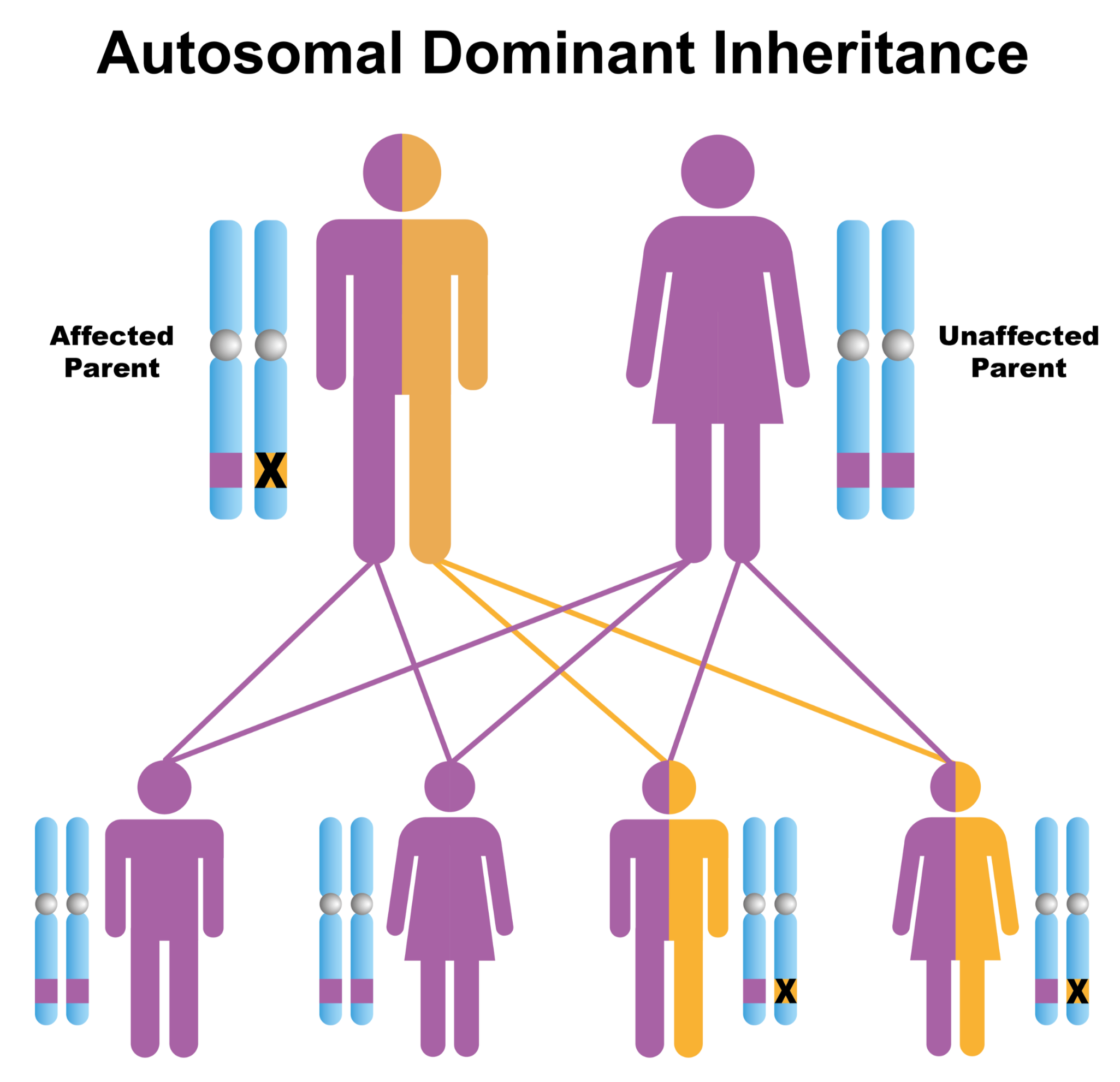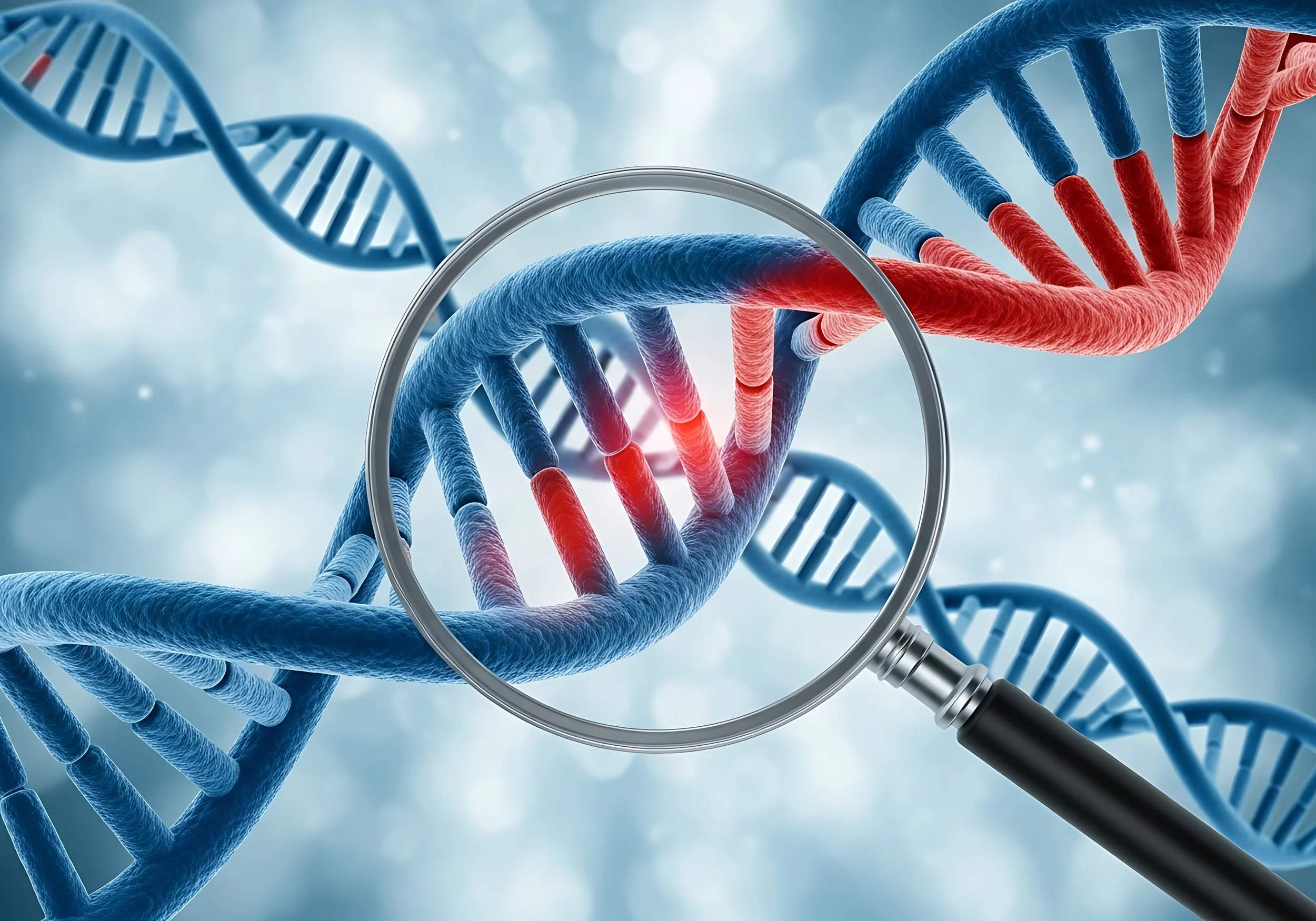
Join us on our journey to
end blood cancer.
We are the only foundation in the world that supports patients with RUNX1-FPD.
Take part in shaping a future where blood cancer doesn’t exist.
What is RUNX1 Familial Platelet Disorder (RUNX1-FPD)?
First identified in 1999, RUNX1-FPD (also known as RUNX1-FPDMM, FPD-AML, or FPDMM) is a rare inherited (germline) condition caused by a variant (mutation) in the RUNX1 gene. This genetic change can be passed from one generation to the next.
Because the RUNX1 gene helps make healthy blood cells, a variant that prevents it from working well can lead to lower platelet counts and/or platelets that do not work as well as they should. People with RUNX1-FPD may bruise easily, have frequent nosebleeds, or bleed longer than usual after injury or surgery. It is important to understand that in certain circumstances, a traumatic injury can be life-threatening because of the bleeding caused by RUNX1-FPD.
The biggest concern for RUNX1-FPD patients and families is the high risk of developing blood cancer. Current estimates suggest the risk is between 35-50%. Importantly, the condition can vary greatly between families and even among family members. Some individuals never develop blood cancer, while others may develop one of many different types of blood cancer. Myelodysplastic syndrome (MDS) and acute myeloid leukemia (AML) are the two most common types of blood cancers.
People with RUNX1-FPD can also experience other health issues that are increasingly recognized as related to the disease, such as asthma, allergies, autoimmune disorders, or gastrointestinal problems. Because symptoms can resemble other conditions, many families spend years seeking answers before receiving a correct diagnosis, which can only be confirmed through genetic testing.
There is a 50% chance for each child to have the RUNX1 mutation, no matter if they are male or female.













